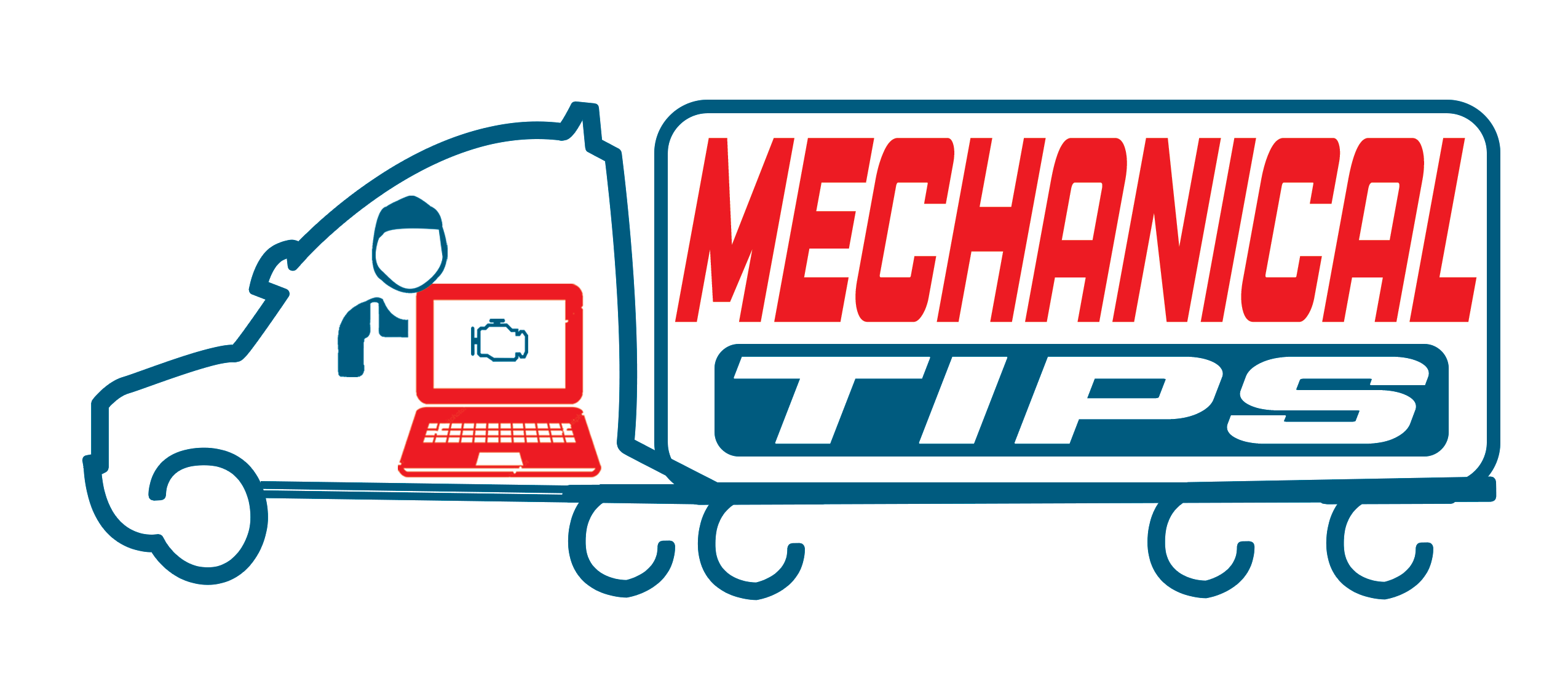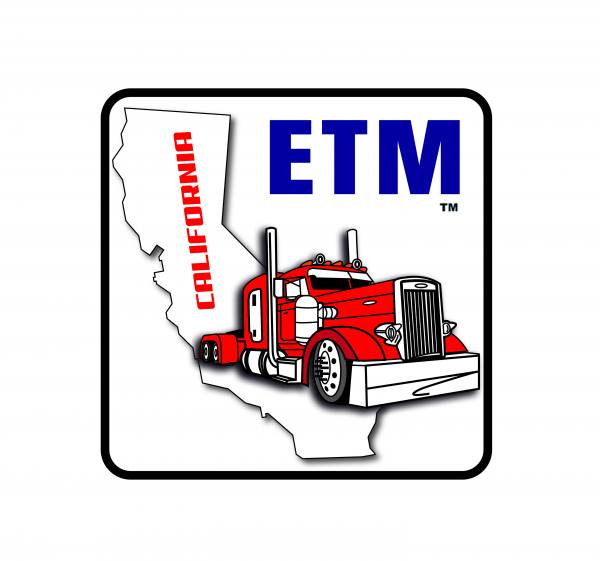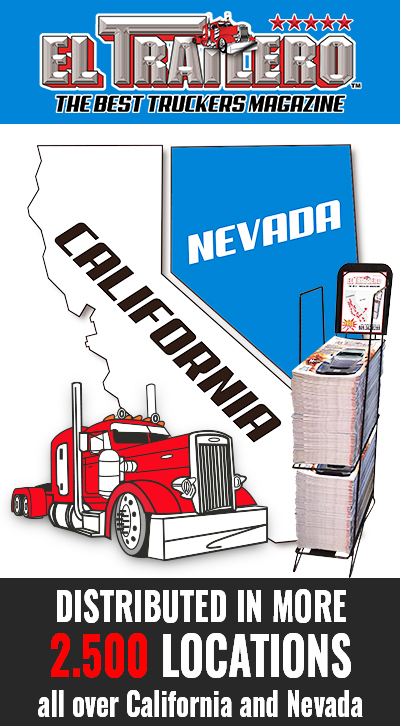 |
|
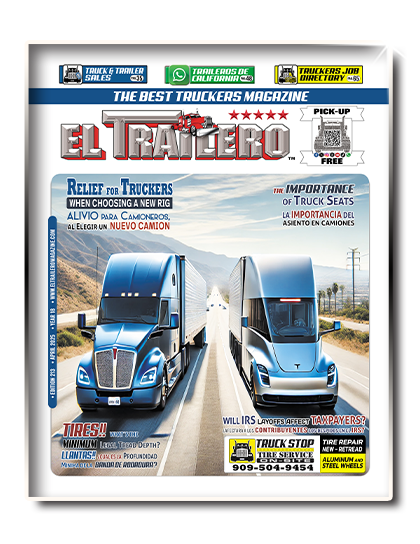 |
Get our FREE |

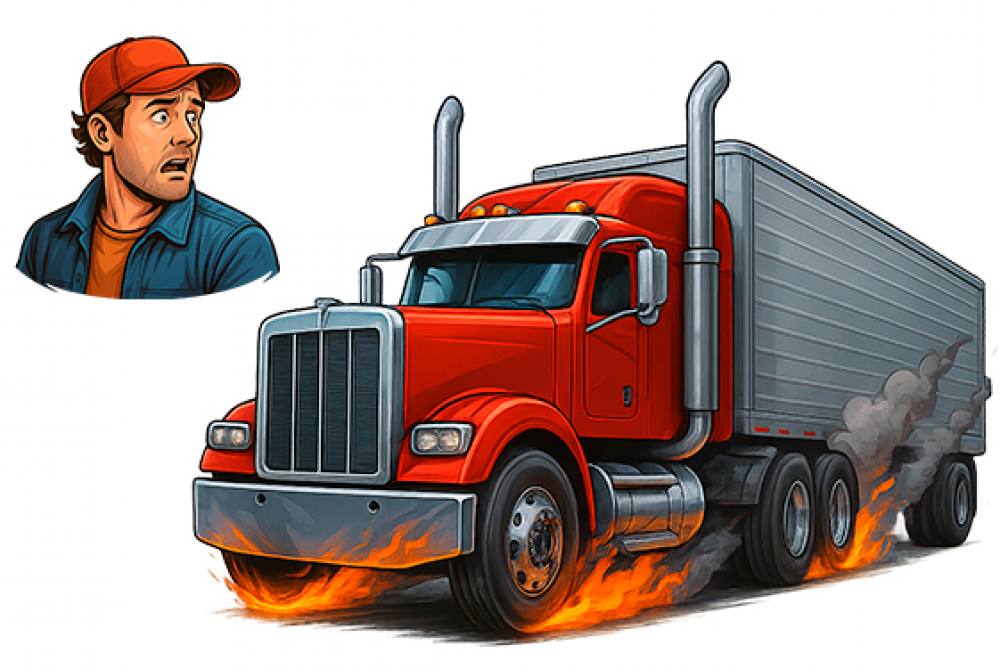
One of the most dangerous risks for commercial trucks on the road is brake system fires. These incidents not only threaten the vehicle and its cargo but can endanger lives. The good news? They´re almost always preventable.
Smart Driving Is Your First Line of Defense
Long downhill grades are a literal trial by fire for your brakes. Avoid continuous use of the service brake—instead, rely on the engine brake (Jake brake) or retarder, and apply brakes in pulses. This gives time for components to cool between applications.
Maintenance Is Non-Negotiable
A poorly maintained brake system is a ticking time bomb. Worn-out pads or shoes, poorly lubricated bearings, and oil leaks can generate extreme heat in drums or discs. Always inspect automatic slack adjusters and return springs—if the brake shoes drag even slightly, heat builds up fast.
Watch Your Load
Unevenly distributed cargo can overload specific axles, putting more stress on individual brake assemblies. Always ensure your load complies with legal axle limits and is evenly balanced to avoid overheating.
Visual Inspections Can Save Your Truck
Before and after each trip, take a few minutes to check for hot drums, smoke, or greasy residue on rear wheels. Also make sure the spring (parking) brake has proper free play and isn´’t partially engaged.
Never Use the Parking Brake While Moving!
One of the worst mistakes a driver can make is activating the spring brake while the truck is still in motion. This can lock the wheels suddenly, creating intense friction—enough to start a fire in seconds.
Training Saves Lives
Every driver should know the warning signs of an overheating brake system: burning smells, reduced braking response, strange squeals, or visible smoke. Prevention begins with education.
Common Mistakes That Burn Through More Than Brakes
Mistake | Result |
Continuous braking downhill | Overheating and brake failure |
Engaging parking brake in motion | Sudden friction and fire risk |
Oil or grease leaks | Contamination and fire hazard |
Skipping maintenance | Uneven wear and excess heat |
Axle overload | Overheating and mechanical failure |
Final Tip:
Always keep a B/C-rated fire extinguisher in the cab. It won´t stop a large blaze—but it can make the difference if you act fast.
For years, federal Hours of Service (HOS) regulations have been viewed as a key tool for reducing commercial truck crash...
read more...Although low libido is often associated with age or medical issues, it is increasingly affecting young truck drivers&mda...
read more...The political conflict between U.S. Transportation Secretary Sean Duffy and California Governor Gavin Newsom escalated o...
read more...California’s push for its controversial “clean truck” regulations has just taken a devastating blow. A...
read more...